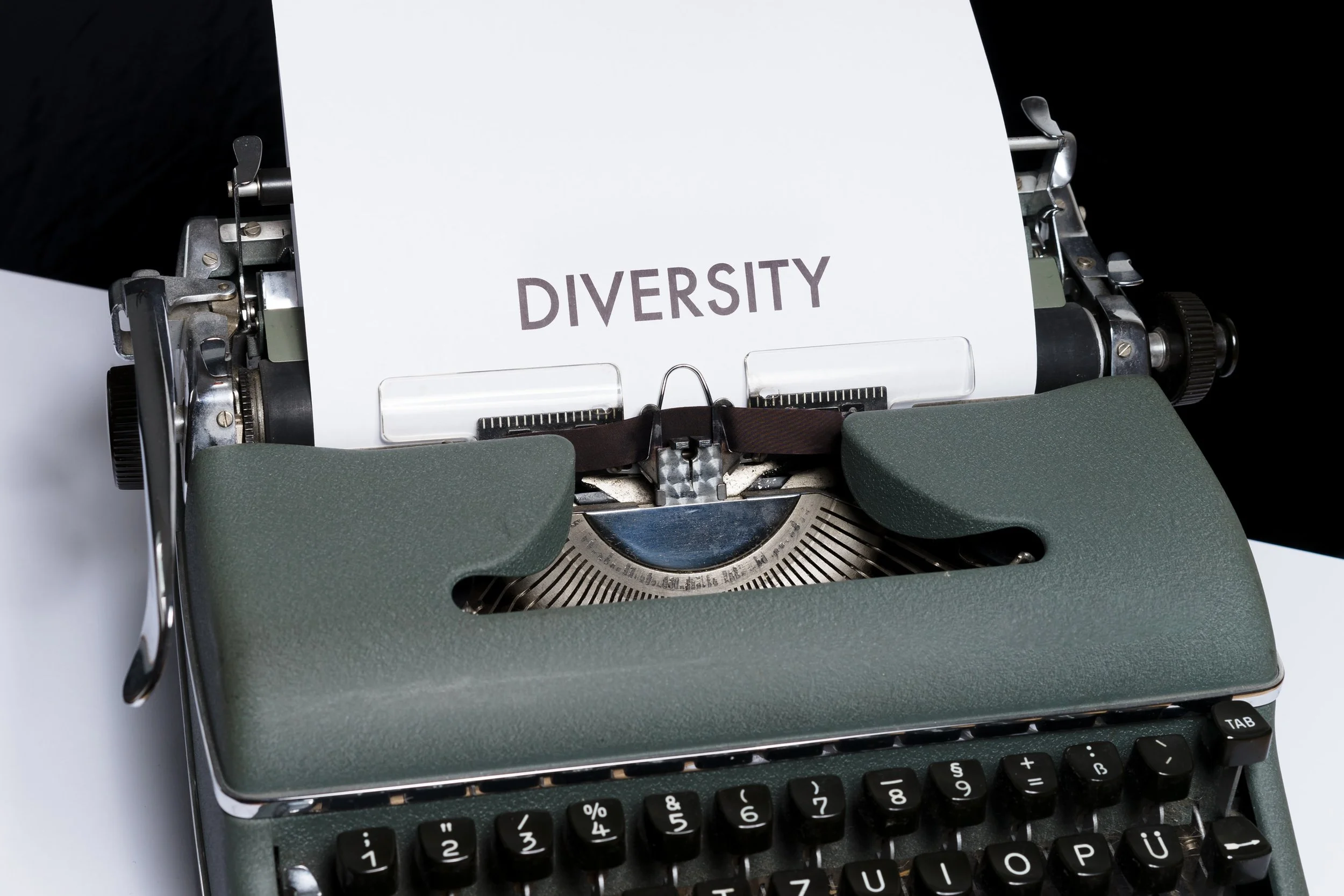Diversity and inclusion: Getting it right
Diving into the benefits of a diverse and inclusive workplace
The phrase “diversity and inclusion” (D&I) has been doing the rounds lately, but what makes a workplace truly diverse and inclusive? And, let’s be honest, is it really all that necessary? Let’s find out.
Where are we now?
It’s been proven that D&I supports creative thinking and provides a diverse range of viewpoints, fueling an organisation’s ability to innovate and problem-solve.
Diversity without inclusion is meaningless; the two must coexist to foster a culture of belonging, where employees can be authentic and have support from their leaders. And when employees feel supported, a sense of inclusion and belonging naturally develops.
It’s important to understand that diversity isn’t simply about race and gender - it encompasses ethnicity, religion, sexual orientation, and even political views and working styles.
What can you do?
Companies where leaders prioritise D&I have a significant competitive advantage when hiring and retaining employees.
Businesses must recognise the importance of D&I and set up formal training to enable people to have these sensitive but important conversations. They should also spotlight actions that help create inclusion.
Once the right foundations are in place, companies must assess how their programmes are performing by measuring key parameters such as whether employees feel a sense of belonging, if they feel valued and respected, if they think they are being treated fairly, and whether their ideas and opinions are taken into consideration.
What’s next?
Once workplaces have achieved the basic tenets of D&I, they can begin thinking about inculcating even more cohesive DEI (diversity, equity and inclusion) or DEIB (diversity, equity, inclusion and belonging) practices at an organisational level.
While D&I focuses on having a diverse and inclusive workplace, equity ensures that employees get support based on their individual needs, and still feel a sense of belonging at their workplace.
Diverse and inclusive workplaces are not only more likely to be more productive, but they are also safe spaces that employees want to show up to, fully, and happily.
Find out why a sense of belonging is central to inclusion
Find out why a sense of belonging is central to inclusion
Why does diversity in the workplace even matter? According to a McKinsey report, companies with racial, ethnic and gender diversity can be up to 35% more profitable than their industry average.




